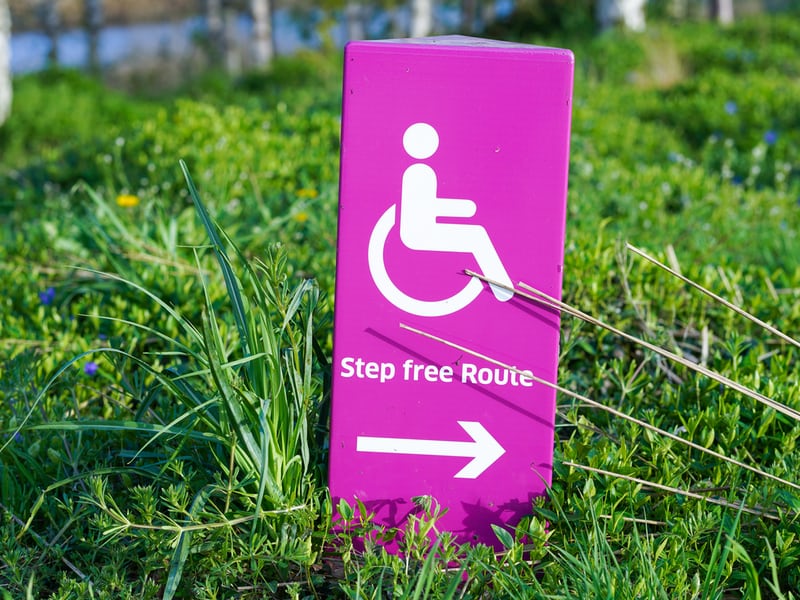
Individuals with disabilities may be able to qualify for Medicaid and have their own savings.
Do you (or a loved one) have a disability?
If yes, then you understand the value of assistance from means-tested government programs.
Qualifying for and remaining eligible for these programs can be tricky.
This is especially true if you or your loved one have financial savings.
According to a recent Nj.com article titled “Can a disabled person have savings and qualify for Medicaid?,” qualifying for Medicaid or another program is not impossible with financial savings.

People with disabilities can use an ABLE accounts for savings if they qualify.
It is, however, more challenging.
Those with disabilities should takes steps to qualify for Medicaid early.
To be eligible for Medicaid, participants can have no more than $2,000 in non-countable assets.
How can you have savings and still qualify for Medicaid?
One option is to use an ABLE account.
What is an ABLE account?
The Achieving a Better Life Experience Act of 2014 is a tax-advantage savings account for those with disabilities.
To qualify for an ABLE account, the individual must be disabled before age 26.
Contributions can be made each year to an ABLE account.
In 2020, an individual can place up to $15,000 in an ABLE account.
Those who are employed and do not participate in their employer-sponsored retirement plans can make additional contributions.
They can either contribute $12,490 or the employer compensation for the tax year.
The contribution must be the lesser of these two options.
Because these assets are excluded from the Medicaid resource limits, ABLE accounts help qualifying individuals save and still qualify for Medicaid.
To qualify for SSI, balances of less than $100,000 are excluded from these limits.
How can money in the ABLE account be used?
These funds may be used for Qualified Disability Expenses.
What are Qualified Disability Expenses?
These funds are those used to assist the individual with disabilities in maintaining his or her independence, health, or quality of life.
Examples include housing, transportation, education, job training, assistive technology, personal support services, and expenses related to health and wellness.
Working with an experienced elder law attorney can be beneficial when it comes to understanding rules specific to your state of residence.
Reference: nj.com (Aug. 3, 2020) “Can a disabled person have savings and qualify for Medicaid?”
REMEMBER: “The choice of a lawyer is an important decision and should not be based solely upon advertisements.”
This statement is required by rule of the Supreme Court of Missouri.
